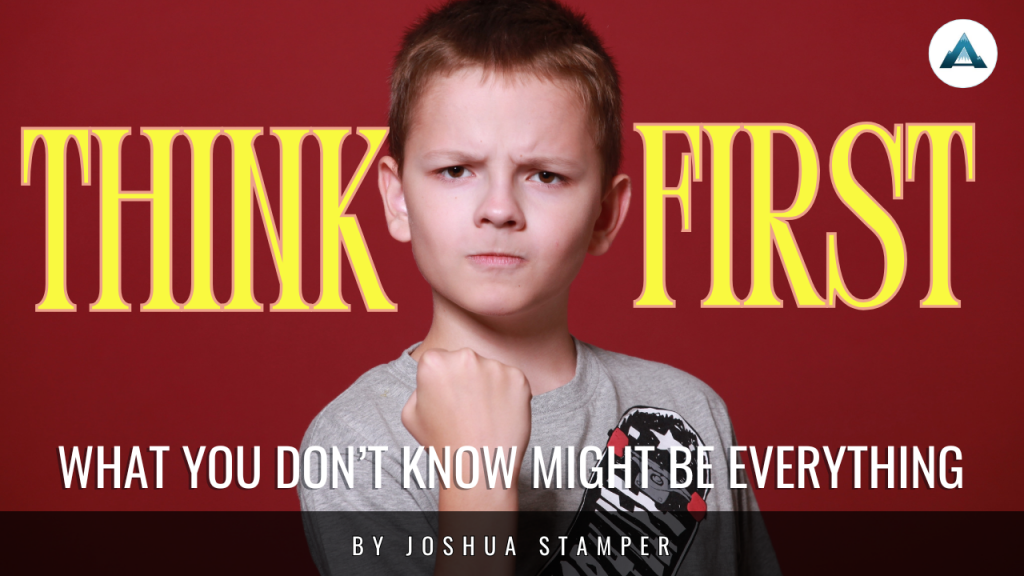What You Don’t Know Might Be Everything: Rethinking Student Behavior Before Reacting

It happened on what I thought would be a typical day. I was walking down the main hallway toward the front office when I heard loud yelling echoing around the corner. A student was shouting at our principal and storming away. Moments later, he passed right by me, nearly knocking into me.
“Whoa, where are you going?” I said firmly.
No response.
“Hey, do you know who was talking to you?” I followed, trying to get his attention.
Without looking back, he muttered, “Nope. Don’t care.”
That was it. I snapped into authority mode and picked up my pace until I was beside him.
“Do you know who I am?” I asked, now fully charged with frustration.
He glanced at me and said, “It doesn’t matter.”
I could feel the heat rise in my face.
“Oh, it’s about to matter,” I replied sharply. “Let’s go to my office so I can explain to your parents just how disrespectful you’ve been to the principal and Assistant Principal of your school.”
The student followed me to my office in silence. I grabbed the office phone, looked up his number, and called his mom.
When I explained the situation, she didn’t react the way I expected.
“Wow, I’m surprised,” she said.
I agreed. Then she continued and my surprise turned to shock.
“I’m surprised he even went with you to your office. He usually just walks away from adults. Just so you know, this is his fourth school in five months. He doesn’t really trust adults anymore.”
And with that, she hung up.
I sat there stunned. What I thought was defiance was actually defense. What I took personally had nothing to do with me at all. This wasn’t a power struggle. It was survival.
—
Moments like this one are exactly why we wrote The Language of Behavior. Because so often, what we see is only the tip of the iceberg. And beneath the surface is loss, trauma, instability, and emotional exhaustion. The truth is, behavior is communication—and our job is to interpret it with curiosity instead of judgment.
Here are two trauma-responsive strategies from our book that could have made all the difference in that hallway:
1. Tenet 2: Explore the Breakdown
Instead of responding with immediate correction or discipline, we must ask: What’s beneath the behavior?
This student’s reaction wasn’t random—it was the result of repeated instability and a lack of trusting relationships. If we assume the worst, we miss the opportunity to build understanding. Use tools like behavior reflections or emotional check-ins to understand a student’s current mental and emotional state before escalating consequences.
2. Tenet 3: Respond Intentionally
Reacting in anger or embarrassment rarely leads to progress. Trauma-responsive educators focus on preserving relationships while still holding students accountable. In this case, rather than demanding respect, a restorative approach might have looked like a calm conversation once the student was regulated:
“Hey, I can tell you’re having a rough day. I want to understand what’s going on so we can move forward together.”
—
Every interaction with a student is a chance to build trust—or break it. Unfortunately with the story above, it took me longer to build the trust needed to make a difference in this student’s life.
Let’s lead with connection, listen before we assume and shift from punishment to purpose.
The Language of Behavior is filled with practical strategies and real-world stories to help educators support students who may be fighting unseen battles.
Get your copy today: https://amzn.to/41f2UWb
And if you’re looking for a free tool to build trust before behavior becomes a breakdown, download the Relationship Inventory here: https://joshstamper.com/language-of-behavior

About the author, Joshua
Joshua Stamper is the Training and Development Specialist for the Teach Better Team and manages the Teach Better Podcast Network. Prior to Joshua's current position, he was a middle school Administrator, classroom art educator, and athletic coach.
In addition to being on the Teach Better Team, Joshua is the author of Aspire to Lead, podcaster, leadership coach, and education presenter.
